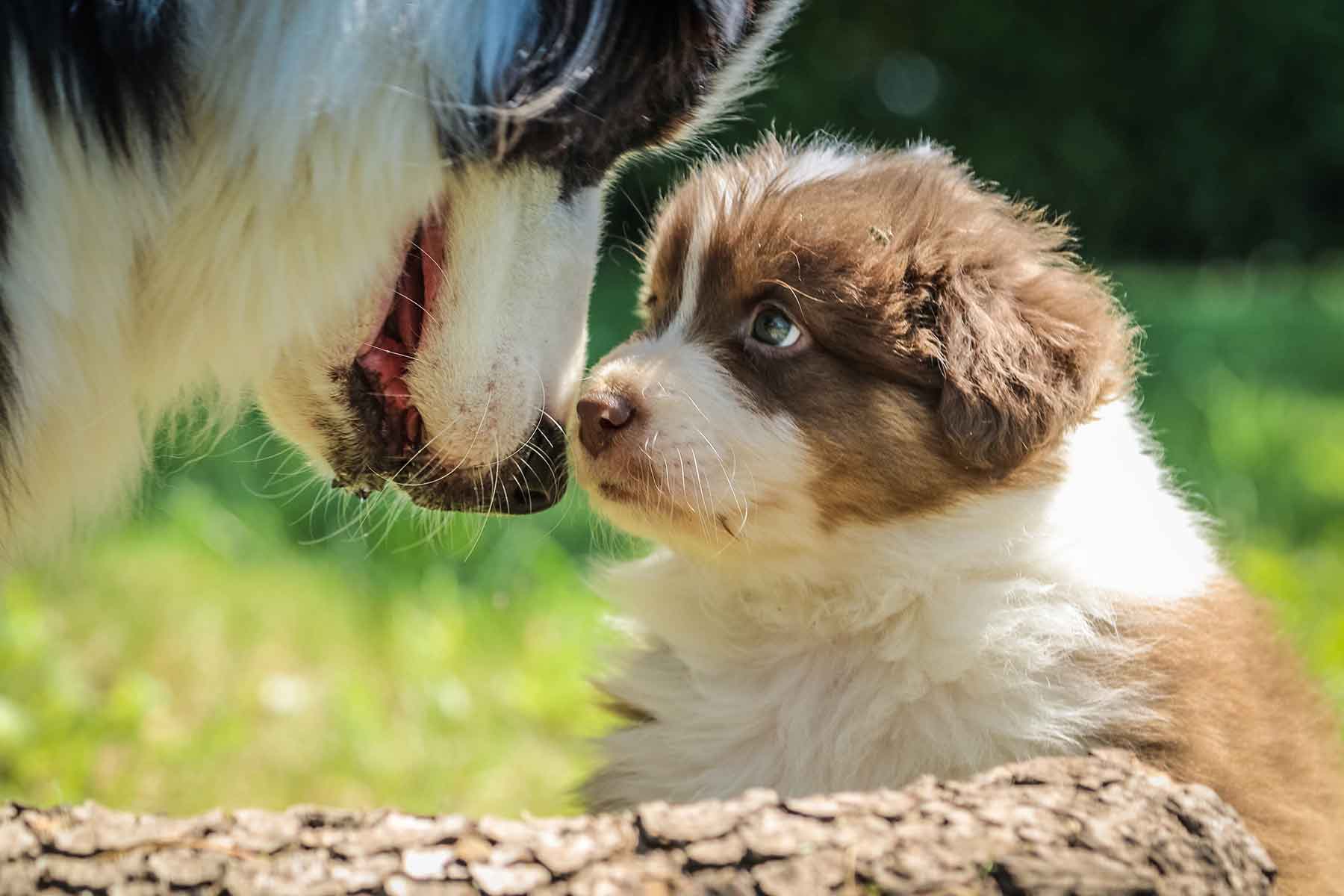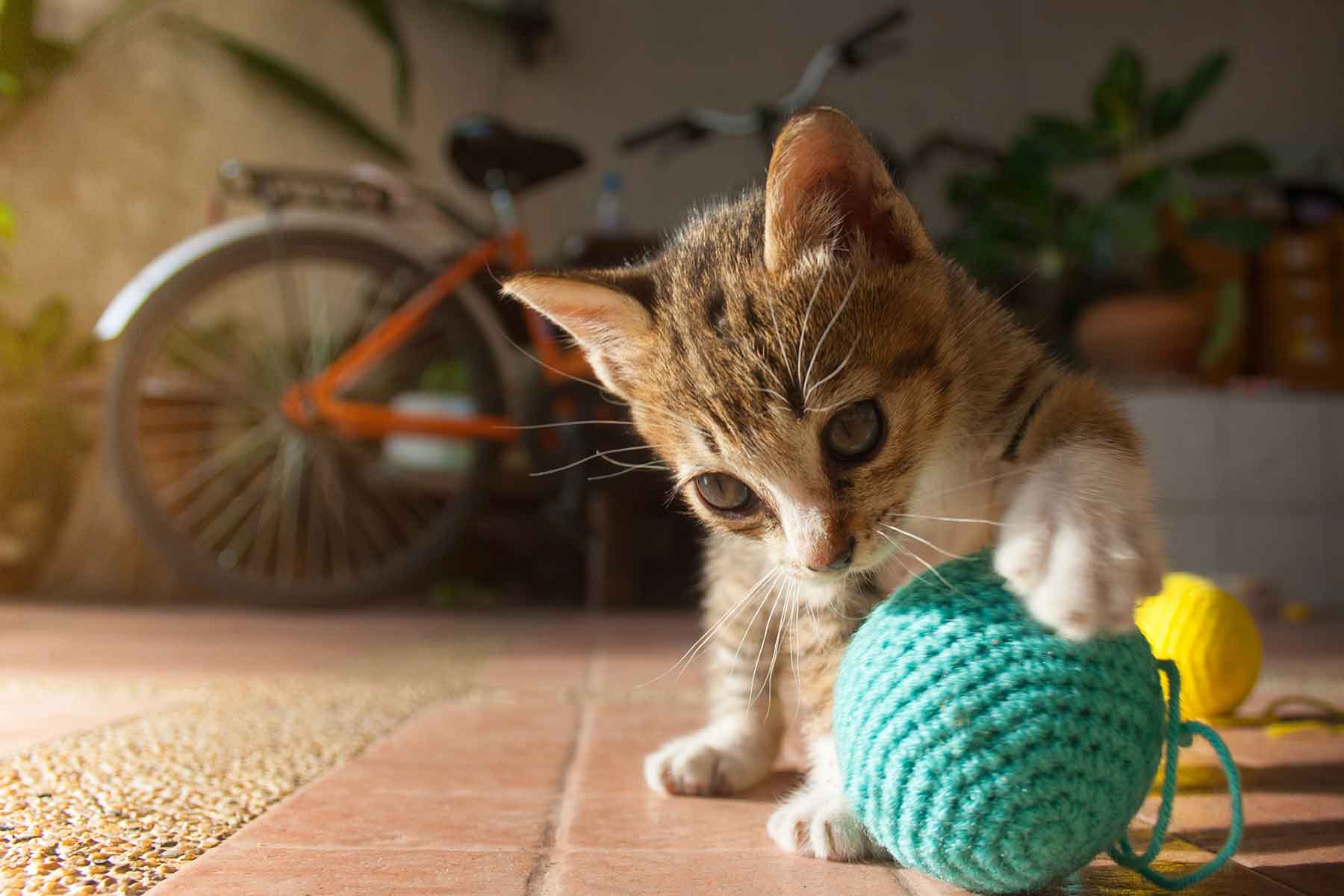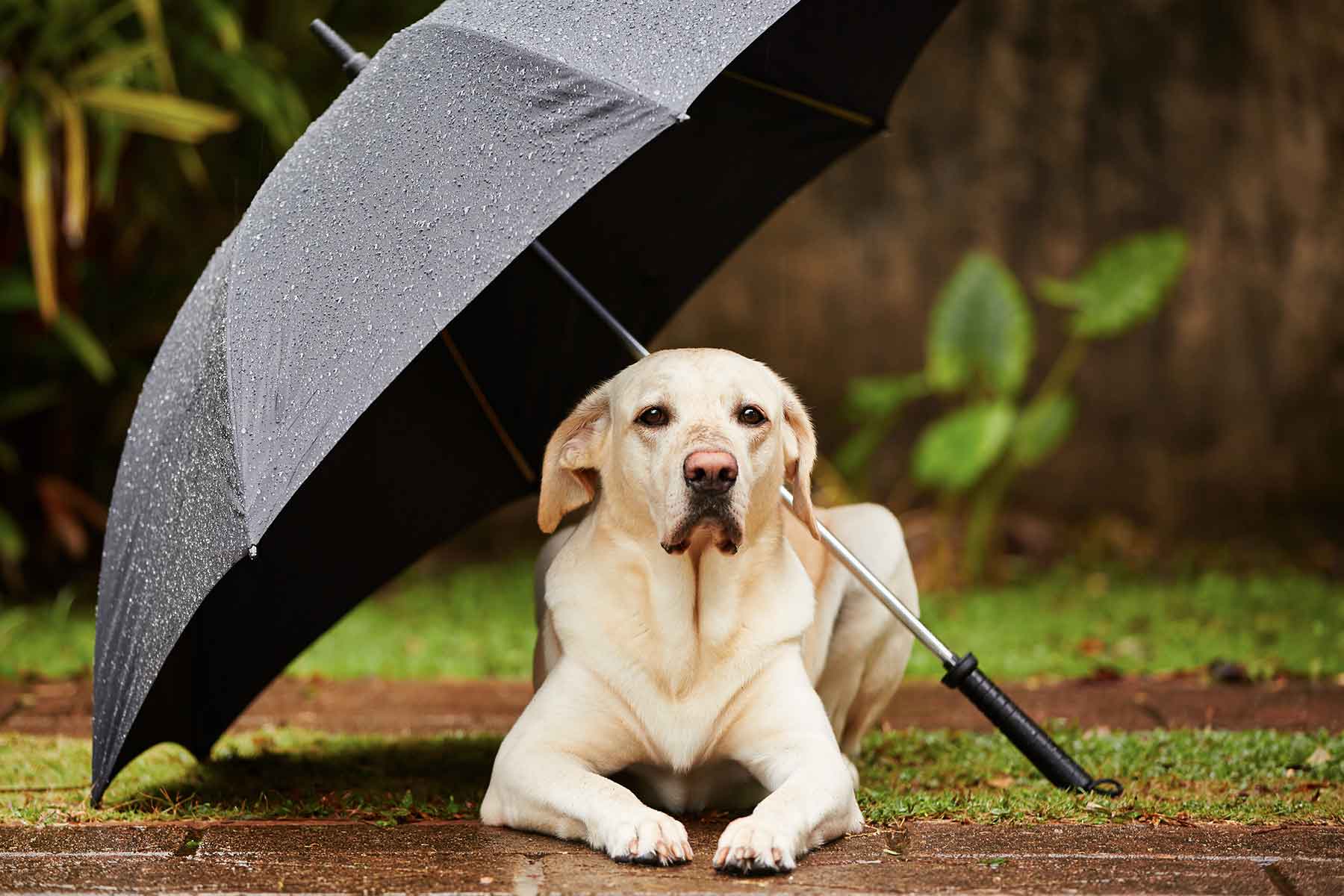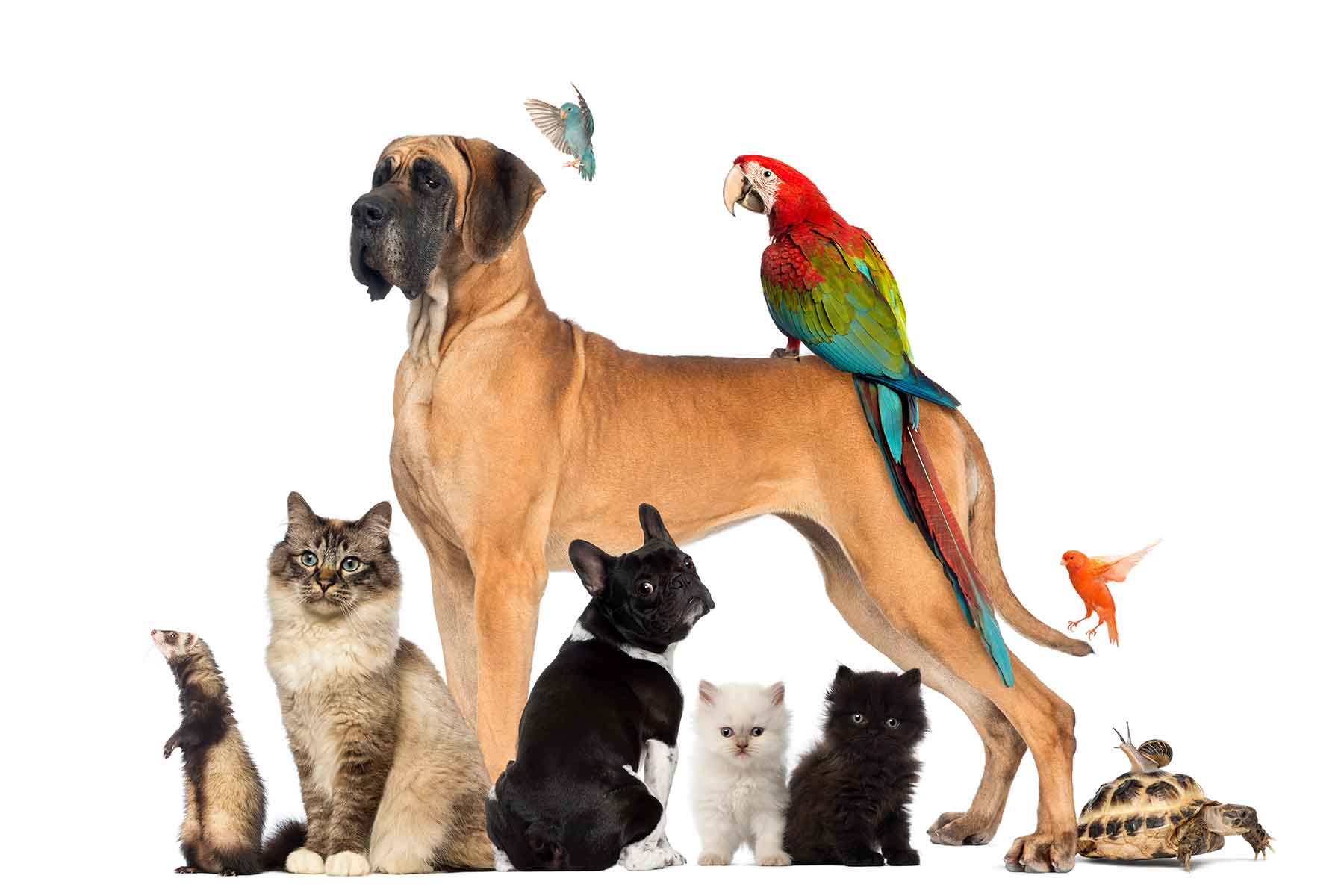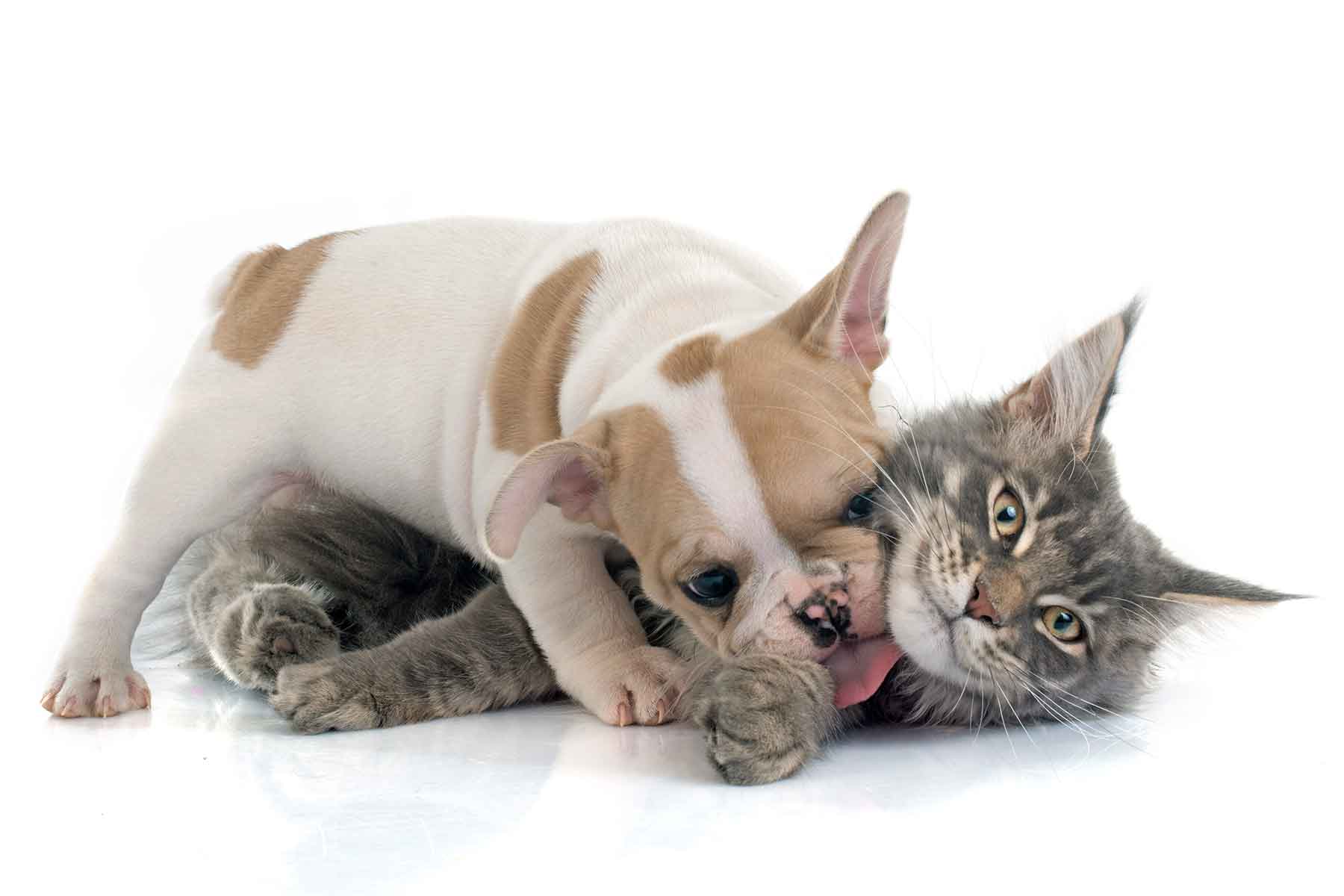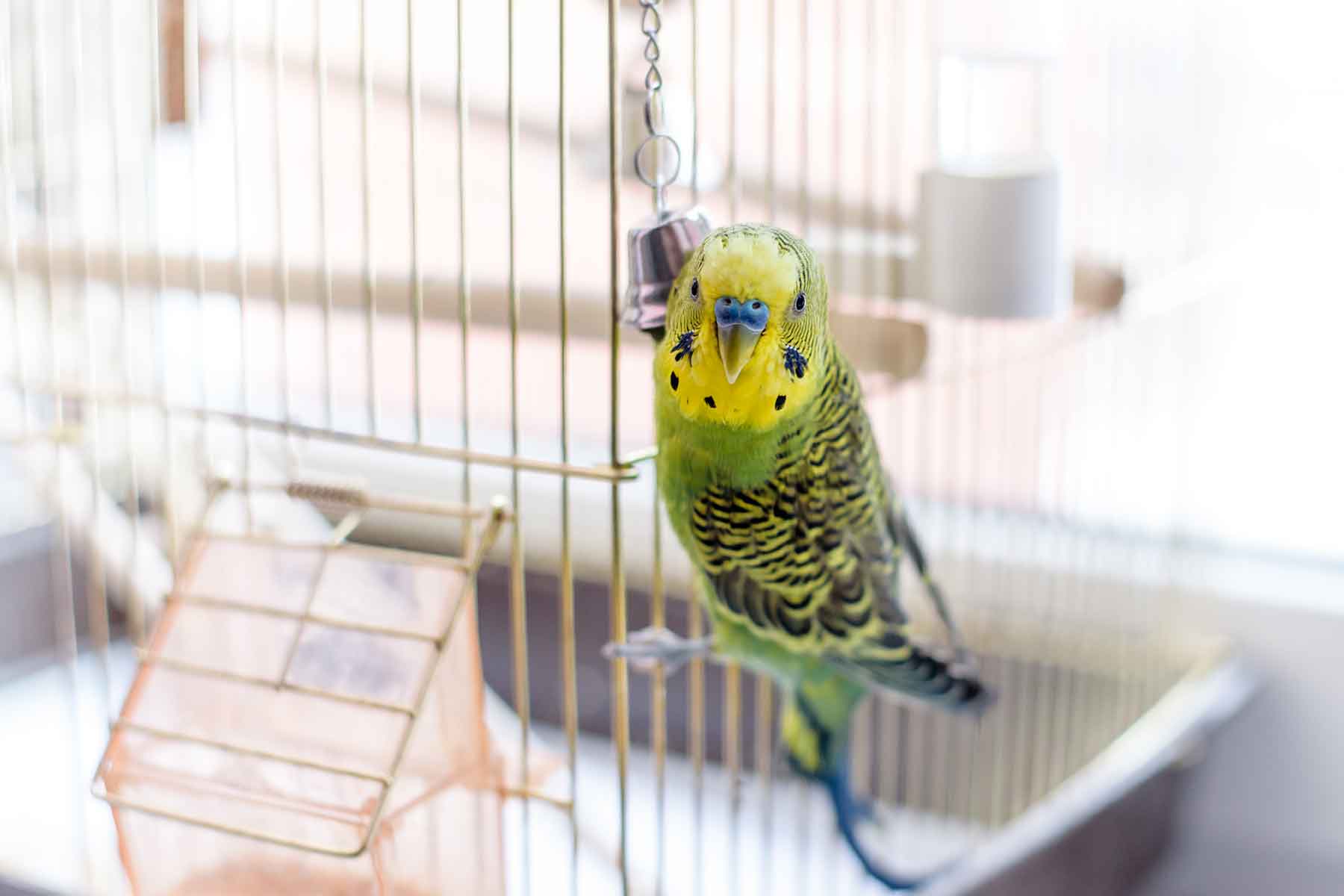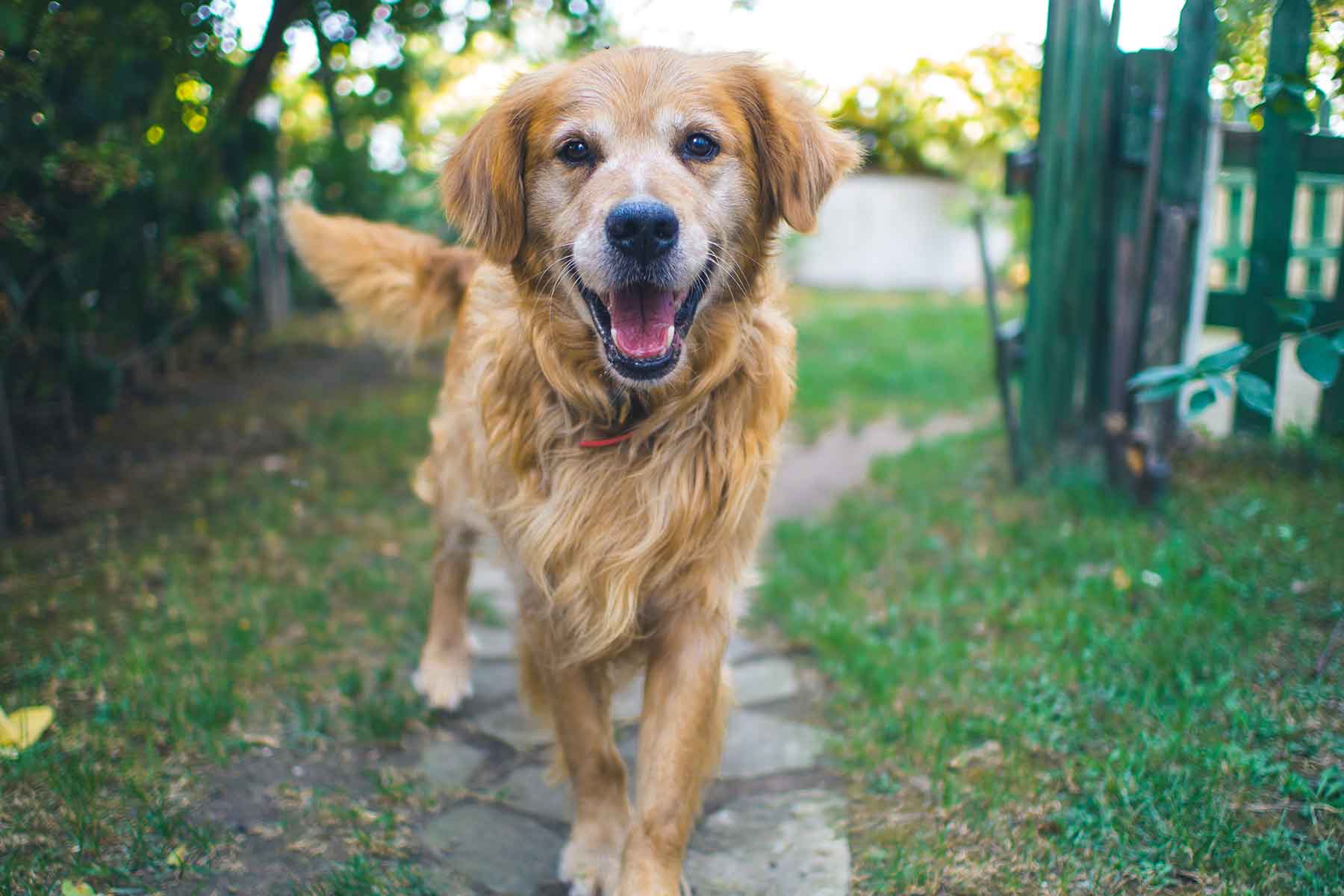For many of us, our pets are fixtures of our lives. They rest when we rest, they spend time with us in the garden or watch dutifully while we clean the house. However, some of the substances that we use in daily life can be extremely dangerous to our pets. And it’s not always the obvious things you need to be careful of – some seemingly innocuous household items can cause our pets harm. While dogs and rabbits are at risk around toxic chemicals or contaminated food, cats, as a rule, are extremely fussy and instinctively avoid dangerous substances.
Here are ten substances you should protect your pets from:
1. Food
Many of us see our pets as members of the family, and it can be nice to include our animals in family rituals, including meal time. However it’s important to remember that most human food is not good for pets – and some of it can be quite harmful.
Chocolate
Chocolate contains the ingredient theobromine, which is toxic to animals. Even in small doses, chocolate can cause vomiting, diarrhoea and excessive thirst. In large doses it can lead to abnormal heart rhythm, tremors, seizures, and death.
Raisins and Grapes
Raisins can cause kidney failure in dogs. The reason for this is unclear, but symptoms include repeated vomiting, lethargy and low mood. If your dog has a want to steal food off bench-tops, be sure to put dried fruit out of reach (including hot cross buns and raisin toast).
Milk and Dairy
Most dogs will happily share your ice-cream if you let them. However milk and milk-based products can cause diarrhoea and other digestive upsets in both cats and dogs if they are not used to them. Dairy can also be the culprit in some food allergies (which often manifest as itchiness).
Raw fish and Tuna
Raw fish contains an enzyme called thiaminase that destroys thiamin (vitamin B1). Thiamin is essential to a cat’s well-being, so the lack of it can lead to neurological disorders, the signs of which include weight loss, weakness and uncoordinated movements. While a little tuna is okay, it contains high levels of methyl mercury, which in high doses can lead to mercury poisoning.
2. Insecticides and pesticides
Common insecticides and pesticides can be life-threatening to dogs, even when ingested in small amounts. Be sure your pets are not around when using them. Products that contain organophosphates such as disulfoton (often found in rose-care products) should be particularly avoided as well as products aimed at snails and slugs.
Please note: various manufacturers claim their snail baits are ‘pet friendly’. They make this claim on the basis that the bait includes a bittering agent. Bittering agents only act as a deterrent. There are some pets that will still eat the baits which are extremely toxic. We recommend that these products are used with great caution.
3. Mouse and rat poison
Mouse and rat poisons are designed to kill rodents, and are highly toxic to most other animals. Even eating dead rodents that have been poisoned can have a disastrous effect on a pet’s health, resulting in internal bleeding, brain swelling, kidney failure, or even severe vomiting and bloat
4. Human Medication
Never give your cat human medication. Even in tiny doses it can be extremely harmful. In the USA, the most common medication reported to the Pet Poison Helpline is antidepressant medication. When ingested, they can cause animals to become sedated, uncoordinated and agitated or get tremors and seizures. Owners often put medications on top of the fridge away from the dog or the kids, but the cat can still get to them. To be safe, put all medications (human and pet included) in a drawer or cupboard that your pets can’t access.
5. Another Pet’s Medication
Pet medication is designed to taste delicious so that animals will eat it. While some dogs that eat almost anything are at high risk, even the fussiest cat might also be tempted. The physical damage of accidental ingestion of medication can be dire – particularly if the dose is for an animal three or four times bigger in size.
6. Flea treatments
While flea and tick treatments work well for dogs, the pyrethrum in dog powder can be highly toxic to cats. Always read treatment labels carefully, as those that contain pyrethrins or pyrethroids (a derivative of the Chrysanthemum flower), should be avoided at all costs.
7. Plants
Poisonous for cats
Easter Lilies are gorgeous to look at, however they are extremely toxic to cats, causing kidney failure and even death. Even just drinking water from a vase with lilies can cause severe poisoning. If your cat is vomiting or has diarrhoea and you suspect lilies are the culprit, go straight to the vet. Some varieties are also toxic to dogs.
Poisonous for dogs
Azaleas and rhododendrons contain toxins that may cause vomiting, diarrhoea, coma, and potentially even death. Tulip and daffodil bulbs cause serious stomach problems, convulsions, and increased heart rate. Sago palms are also highly toxic. Eating just a few seeds may be enough to result in vomiting, seizures and liver failure.
8. Household cleaners
Common household sprays such as toilet bowl cleaners, lye, drain cleaners, rust removers, and calcium/lime removers are all dangerous to pets. While cats will naturally avoid such substances, dogs are not as fussy. Remember that “natural” does not necessarily mean safe, as some natural products can cause severe reactions. While general cleaners like glass products, spot removers and most surface cleaners are usually harmless, it is still wise to keep them out of reach.
9. Fertilisers
While some fertilisers are fairly safe, certain organic products that contain blood meal, bone meal, feather meal and iron may be especially tasty – and dangerous – to dogs. Large doses can cause severe pancreatitis or even form a concretion in the stomach, obstructing the gastrointestinal tract.
10. Environmental Hazards
There are several things in nature that are toxic to pets. These include animal bites such as bee or wasp stings. Fire ant bites can cause allergic reactions while some spider and snakebites can be highly toxic. Other environmental hazards include mushrooms and contaminated water.
Seeking Treatment
Unfortunately Australia does not have a Pet Poisons Hotline. If you are at all concerned about your pet’s health, please contact us.

